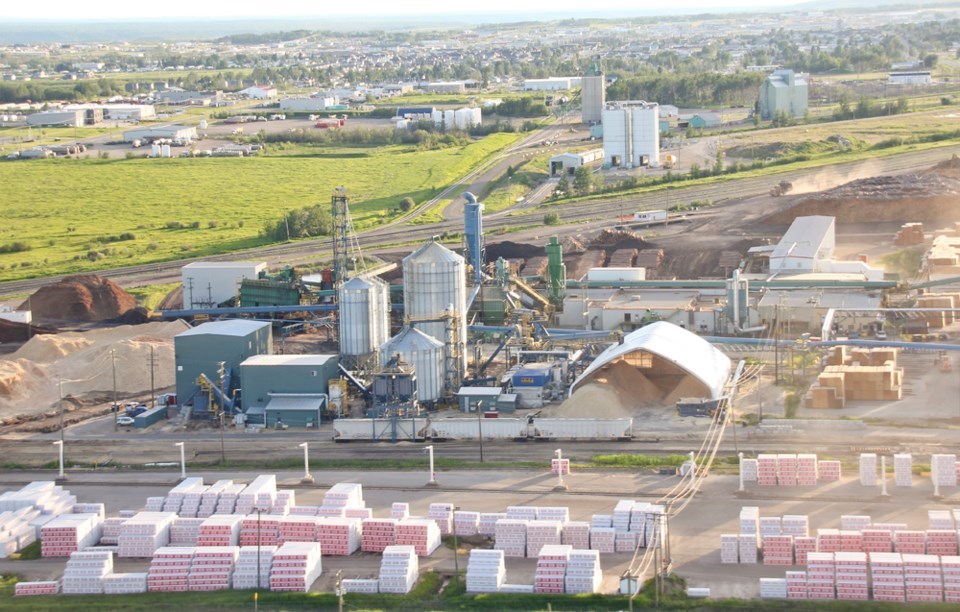Canfor reported an $880.4 million adjusted net income in 2022, and reported more than $7.4 billion in sales last year.
Despite the strength in “global lumber market fundamentals” for the lumber industry, the company has announced curtailments and closures at its operations located across northern B.C.
“As the year progressed, rising interest rates and inflation put significant downward pressure on housing affordability and global lumber market demand, leading to a rapid decline in global lumber market pricing in the latter part of the year. In response, the Company implemented reduced operating schedules at its Western Canadian operations,” Canfor reported.
“Similarly, in order to create a more sustainable operating footprint in B.C. and to better align manufacturing capacity with the available long-term fibre supply, the company made the difficult decision to restructure its B.C. lumber operations by permanently closing its Chetwynd sawmill and pellet plant and temporarily closing its Houston sawmill for an extended period to facilitate a major redevelopment on the site.”
The company is looking to build a new facility in the region to produce “high-value products” and intends to make its final investment decision this summer, the report says.
“After a strong start to the year, unfavourable global lumber market conditions led to sharp pricing declines and temporary capacity reductions across our Western Canadian sawmills, which also disrupted the supply of fibre to our pulp mills,” Canfor president and CEO Don Kayne said.
“Early in 2023, we made the difficult but necessary decision to create a more sustainable operating footprint in B.C. Our goal is to match mill capacity with the economically available fibre for harvest to enhance our ability to compete and to operate throughout the market cycles. We sincerely regret the impact these decisions have on our employees, their families, contractors, and the businesses that support our operations and the local community.”



